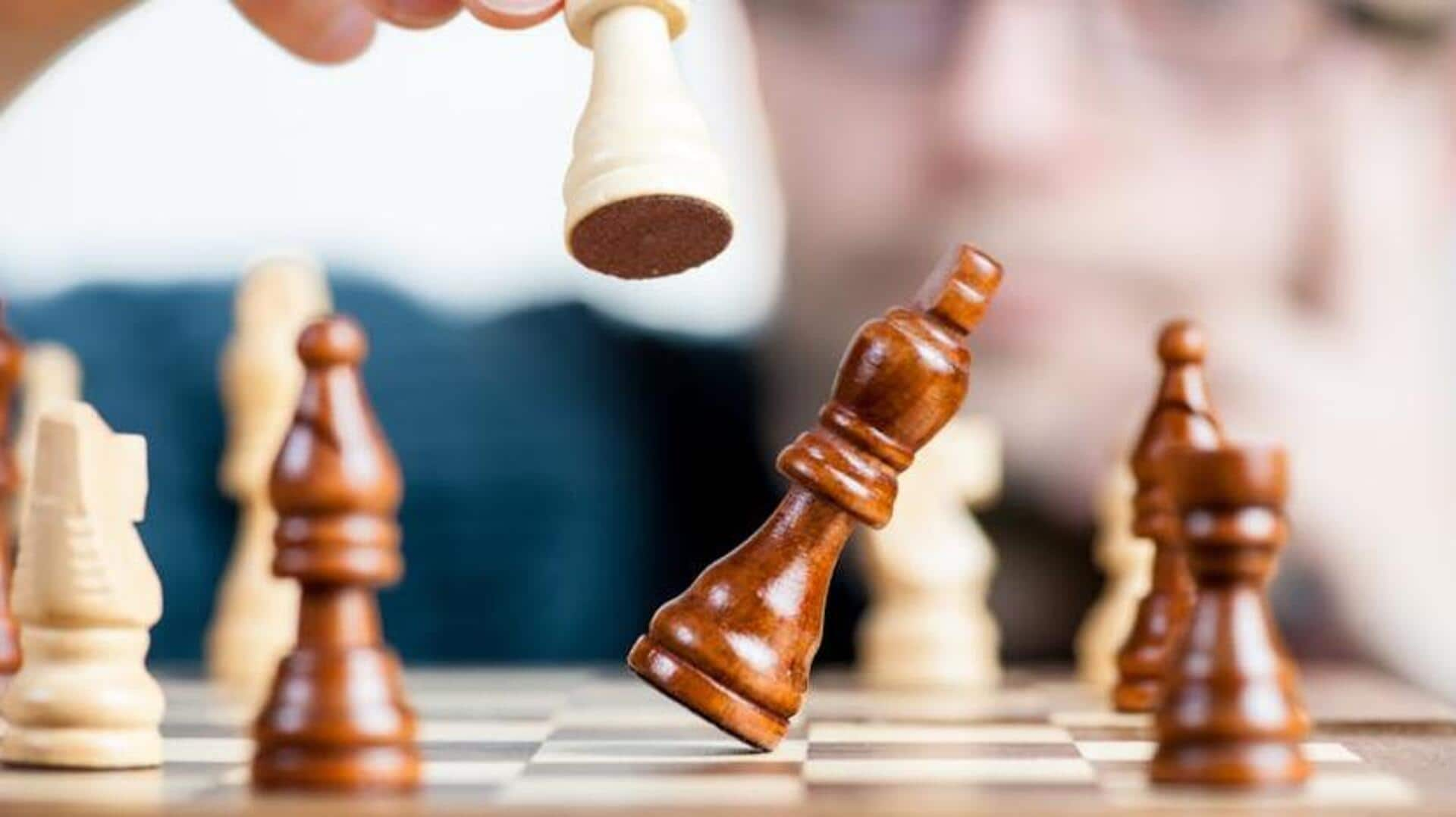
Busting popular myths about brain games
What's the story
Brain games have become all the rage for anyone looking to get a little smarter, a little quicker. From apps promising to hone your memory to puzzles guaranteeing to supercharge your problem-solving skills, the market is bursting with products that claim to make you the next Einstein. But are these games really the secret sauce to boosting your brainpower?
Myth 1
Brain games equal smarter brains?
A popular misconception is that frequently playing brain games dramatically increases general intelligence. However, research indicates these games primarily improve task-specific skills, without broadly enhancing cognitive abilities or IQ. In other words, getting good at a brain game just means you've gotten good at that game, not necessarily smarter in general.
Myth 2
A game for every brain?
A common misconception is that there's a one-size-fits-all answer to brain training. In reality, cognitive abilities are highly individual, meaning what works for one person may not work for another. Things like age, baseline cognitive function, and even personal interests play a big role in how effective these games are. This underscores the importance of a personalized approach to cognitive enhancement, rather than a one-size-fits-all solution.
Myth 3
More time gaming equals more gains?
The notion that the more time you dedicate to brain games, the smarter you get is a myth. Research shows there's a plateau effect; past a certain point, the extra hours you spend playing these games don't translate into significant cognitive gains. This implies a balanced diet of mental activities, not marathon gaming sessions, is the key to a sharper mind.
Myth 4
Replacing traditional learning methods
Some people think brain games can substitute conventional education like reading or math. That's mostly a myth. Conventional education challenges the brain in various ways, which is essential for intellectual growth. Brain games, although fun, should be a supplement, not a replacement, for traditional education. For cognitive development, a balanced approach with different mental exercises along with conventional education is important.